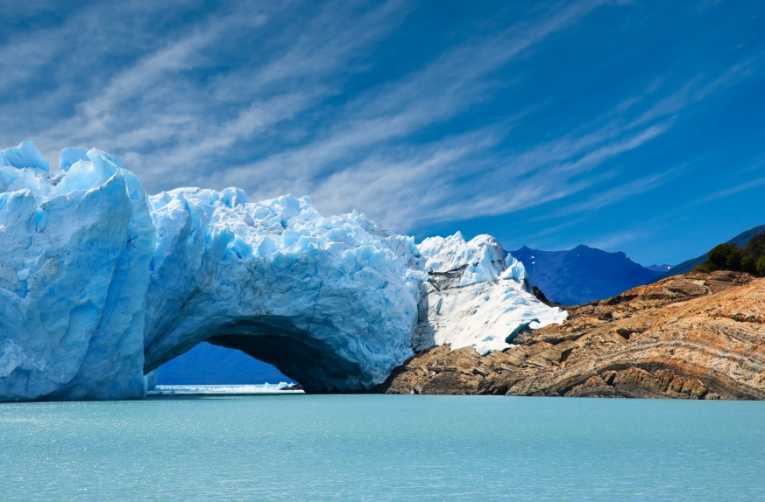The latest sub-Antarctic Islands' marine reserves will cover just over 435,000 hectares to help protect and conserve marine life in this unique and important environment.
The sub-Antarctic Islands are known around the world for their ecologically significant marine life: "Some of the most biologically-diverse marine communities in the world are found here and recent research shows that their diversity compares with locations such as the Galapagos Islands," said Kate Wilkinson, New Zealand's Minister of Conservation.
The marine reserve surrounding the Antipodes Island will see the protection extending out to 12 nautical miles, or just over 22 km, to cover the whole of the territorial sea. The Bounty Islands will gain a new reserve covering 58 per cent of their territorial seas and Campbell Island will have 39 per cent of its territorial sea protected. Once these reserves have been confirmed through legislation, New Zealand will have over 10 per cent of its territorial seas set aside as marine protected areas.
Campbell Island does have a potentially significant deep-water crab fishery that, at this stage, will remain outside of the planned marine reserve area. The intention is to review this in five years time to see whether or not a crab fishery is able to be established. If the crab fishery is not considered to be viable then it is likely the whole of the Campbell Island territorial sea will become a marine reserve.Fisheries Minister, Phil Heatley, said these new reserves highlight the value of environmental and fishing interests working in partnership to look at both the upsides and the downsides of protecting marine environments.
At the same time new rules prohibiting Danish seining (a type of trawling also known as Anchor seining) will be introduced to make sure that the remaining territorial sea which surrounds the sub-Antarctic islands are protected in the future.
Because of the remoteness of these islands and that they are not widely fished at this time, they require unique approaches. Heatley explains: “We have allowed for the continuation of long-lining for ling in some areas around the Bounty Islands as this method is targeted and has a limited by-catch."
The New Zealand Royal Forest & Bird Society (RFBS) were happy about the announcement to extend the marine reserves, but were concerned about the exclusion for the potential crab fishery. The RFBS Advocacy manager, Kevin Hackwell, said the territorial seas around the Auckland Islands is currently the only marine reserve in New Zealand's sub-Antarctic region and "including all of Antipodes Island as a marine reserve is a good result for conservation".
Image © pablo hernan - Fotolia.com










